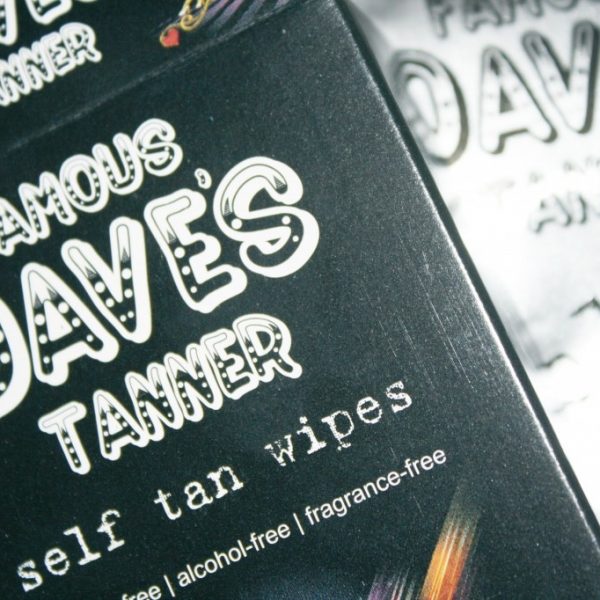Anxiety and related issues are seemingly becoming increasingly common in young men and women these days and I’ve been delighted (if that’s not a weird word to use in this context) to see it being spoken about with more normality and friendliness. I still see the occasional negative comment or connotation associated with it – but as a whole, it’s becoming easier to talk about and a little less taboo.
Last week, I wrote an article which was published by Cosmo On Campus all about developing an anxiety disorder at University. It received an incredible reception from tweeters far and wide and I was really pleased that I had been given an extended platform on which to talk about my experiences. Having started University in a really good place, beginning to have panic attacks several weeks down the line was not something I expected to have to go through at all – and it’s still something I rarely talk about in person, as I find it far easier expressing how they make me feel in writing.
Recently, I discovered that my mum and my grandmother have suffered with similar bouts of anxiety – which although horrible to think that your relatives have had to go through the same horrid heart palpitations, feelings of doom and dread, nausea, dizziness and fainting, was a little reassuring to know that I wasn’t alone – and similarly, that someone else could relate to how awful they were. The three generations of us are all very independent, outgoing and confident women – and we came to the conclusion that sometimes because of our cool, collected and calm exterior – often any feelings of worry, stress, anticipation, pressure or ‘down days’ materialise into one big ‘bottling up’ of anxiety. So even though nothing major might not be going on – which often means it’s hard to understand – inside it collates into a big bundle of anxiousness.
Rather than exploring anxiety as a whole, I wanted to write a post surrounding how to cope as a friend, other half, parent or child of someone with related such issues, as often it can be very difficult to know what to say, where you stand and whether you’re helping in any way. I know it can be frustrating to think that you’re not able to ‘help’ someone immediately and instantly, especially when – in terms of anxiety – it isn’t a physical condition with symptoms you can literally see.
I’m lucky in the sense my close friends, boyfriend and family are very supportive and have never dismissed what I’m going through – or not taken me seriously. However, it can be hard to know what to say to calm someone down, relax them and put them at ease without explicitly saying ‘pull yourself together’ (which for the record, unfortunately doesn’t work with me).
In my personal opinion the best thing you can do when someone has admitted they are suffering is to extend an ear their way and just listen. Sometimes that’s all we need as the reassurance we’re not being silly after all. Anxiety can seem like a really petty thing to have to deal with, especially as describing it back to someone doesn’t quite have the same affect as being in the situation and dealing with it personally. It can be difficult to express to someone quite how debilitating it is, so for someone to listen and understand that, can be a relief in itself.
Additionally, there can be lots of pressure to ‘power through’ despite suffering from a bout of crippling anxiety, as the added pressure that’s there’s nothing externally wrong mounts and we can begin to feel guilty for missing things, like work, lectures and social occasions. So often it’s just reassuring to hear that ‘you can leave at any time you wish’, ‘just come back when you’re ready’ or ‘we’re all behind you, there’s no pressure’ can be the single most ‘sigh of relief’ statement that a person suffering from anxiety can hear. When you isolate yourself through having panic attacks and wanting to recover alone, it can be a hard cycle to break – especially when you feel there is so much pressure on ‘getting better’, so to hear someone give us the time we need is often enough to take a huge weight off our shoulders. Well, it is for me anyway.
Understanding anxiety is difficult enough so dealing with it is a whole other issue altogether. It’s a horrible condition that I wouldn’t wish on anyone but at the same time – I do truly believe it’s because those who suffer have a lot of care, passion, dedication and motivation – and put themselves in the situation because they want to succeed, so getting through is something to be immensely proud of. If you didn’t care, had no motivation to succeed or (for example) pass your exams, it wouldn’t bother you and therefore you wouldn’t suffer, so although you don’t need to have such a condition to succeed, it can certainly be a pushing factor.
If you do know someone that suffers, just extend an ear, let them know you’re there and tell them that you’re ready when they are (essentially). Anxiety issues won’t be fixed by telling someone to pull themselves together, in many situations that has the opposite effect and can make someone take twenty steps backward. You wouldn’t tell a person with a broken leg to ‘walk it off, it will get better soon – you’re worrying about nothing’ or a person with a heart condition to ‘see how you feel tomorrow and to pull yourself together’. Not being able to see the symptoms does make for a difficult doctoring and a rather unseen remedy, but it can be done.
What advice would you give to someone with a relative or friend suffering from anxiety?



